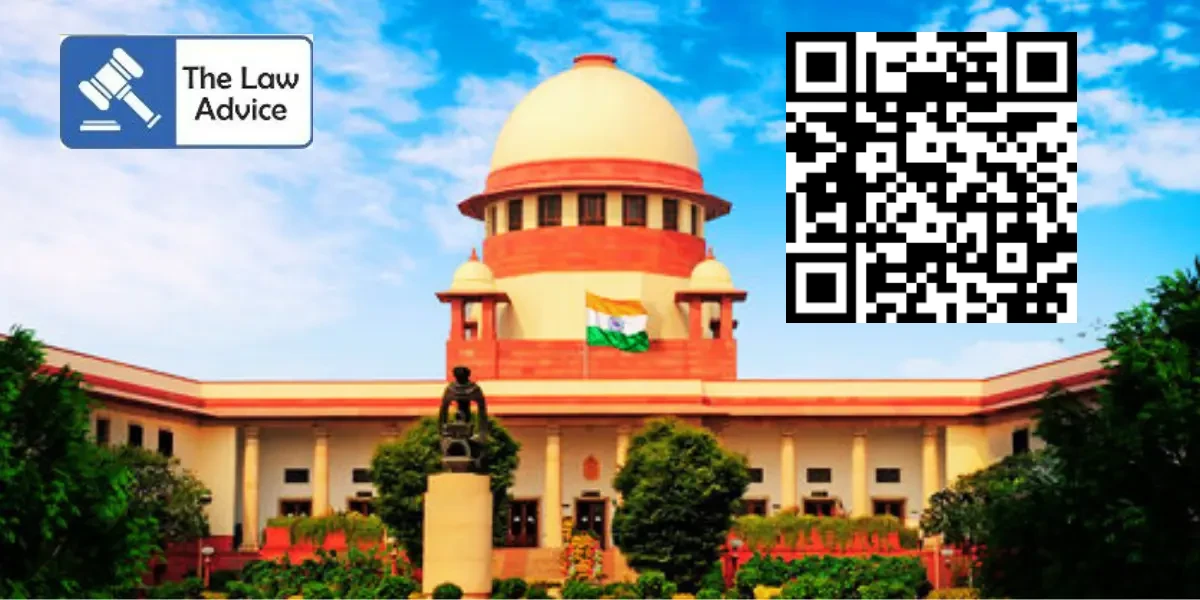
The Supreme Court on Tuesday granted the states of Uttar Pradesh and Uttarakhand one week's time to respond to a plea challenging the mandatory display of QR code stickers by food vendors along the Kanwar Yatra route.
The QR codes are reportedly designed to reveal the identities of food stall owners, raising concerns over privacy and alleged religious profiling.
A Bench comprising Justices MM Sundresh and N Kotiswar Singh posted the matter for hearing next Tuesday, after declining a request by the States' counsel for two weeks' time. The urgency of the matter was highlighted by Senior Advocate Shadan Farasat, who appeared for the petitioners and pointed out that the Kanwar Yatra would conclude within the next 10–12 days.
Senior Advocates Chander Uday Singh and Huzefa Ahmadi also appeared on behalf of other petitioners.
Petitioners Allege Discriminatory Profiling
The application, filed by academician Professor Apoorvanand and activist Aakar Patel, seeks a stay on all directions that require or facilitate the public disclosure of ownership or employee details of food vendors along the pilgrimage route. The petitioners argue that these directions are an attempt to circumvent an interim order of the Supreme Court passed last year, which prohibited forcing food sellers to disclose their identities.
They claim that the newly issued directive mandating QR code display is a veiled method of enforcing religious profiling and targeting minority-owned establishments. The QR codes, when scanned, reportedly reveal the names and identities of the stall owners, thus exposing them to potential discrimination and violence.
Concerns Over Privacy, Mob Violence
The petition raises serious concerns about the misuse of licensing norms to justify public identification of food stall owners. It argues that while eateries are required to possess and display valid licenses, these are meant to be shown inside the premises and not on external billboards.
"Equating the lawful requirement of displaying a license inside the premises with directives to display the name of the owner, manager, and employees on outdoor hoardings is a clear overreach," the plea states.
The petitioners have also warned that such directives could incite mob violence, particularly targeting vendors from minority communities. They argue that forcing religious or caste-based disclosures under the guise of compliance breaches constitutional rights, including the right to privacy.
Background and Case Details
The petitioners allege that the latest measures are intended to subvert the Court’s previous stay order and push for religious polarization under the cover of regulatory compliance. They argue that the directives have no legal backing and are discriminatory in nature.
Case Title: Apoorvanand Jha & Anr. v. Union of India & Ors., W.P. (Crl.) No. 328/2024 (and connected cases)
The matter will be taken up again by the Supreme Court next Tuesday.
Website designed, developed and maintained by webexy